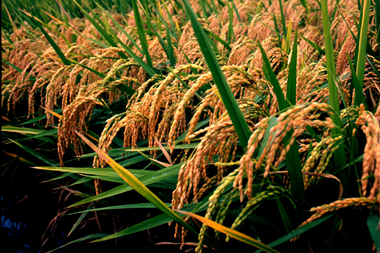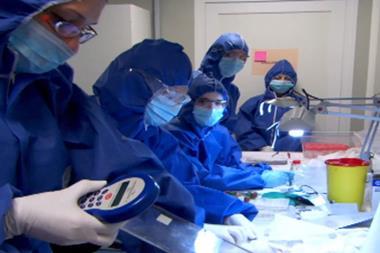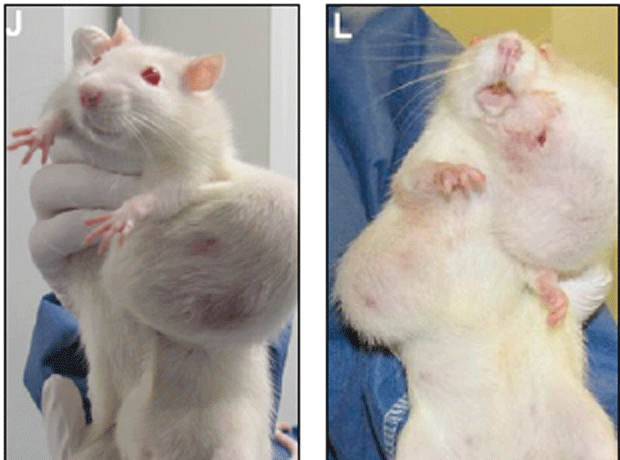Less than a month after he sparked controversy with pro-GM comments, Defra Secretary of State Owen Paterson has reiterated his support for the technology and urged farmers to not be “afraid” of making the case for GM to the British public.
Speaking at the Oxford Farming Conference today, Paterson said feeding a growing world population and ensuring food security would be possible only if the agricultural sector remained at the forefront of innovation and was open to new technologies, including GM.
“I fully appreciate the strong feeling on both sides of the debate,” he said, “GM needs to be considered in its proper overall context with a balanced understanding of the risks and benefits.”
But Paterson said farmers should not be afraid of making the case for GM to the public, and said this should involve highlighting potential benefits “beyond the food chain, for example significantly reducing the use of pesticides and inputs such as diesel”.
He added it was important to reassure the public GM was safe, and that the EU had “rigorous processes” in place to ensure this.
Last month, Paterson made headlines when he told The Daily Telegraph health fears about GM were overstated and that the British public was already exposed to GM through the extensive use of GM feed.
Away from GM, Paterson said it was important to ensure the British public supported British food supporters and buy British food. “Just as everyone got behind Team GB last summer, we must get behind our food producers,” he said, adding the UK currently imported 115,000 tonnes of ice cream and 150,000 tonnes of yoghurt. “By buying British, we boost the rural economy and enjoy some of the best quality produce in the world.”
Paterson also reiterated his support for a badger cull to help control the spread of bovine tuberculosis and said culls would go ahead this summer. “Research in this country over the past 15 years has clearly demonstrated not only that cattle and badgers transmit the disease to each other, but that the culling of badgers can lead to a reduction of the disease in cattle if carried out over a large enough area for a sufficient length of time,” he said. “We are all committed to working together in partnership to ensure that the culls go ahead and to establish a sustainable model for future deployment.


















